The unconscionable attack on Israel last weekend by Iran and its proxies is the latest example of the grave threats and actions carried out by authoritarian regimes and their close partners globally, including Russia. For far too long, these autocratic actors have openly sought to destabilize democracies and commit brutal acts of aggression. This is a dangerous moment. Autocrats are waiting to see how the U.S., allies, and the international community respond to confrontation, increased violence, and mounting threats.
This includes taking next steps to respond to Putin’s continued war of aggression against Ukraine. This requires immediate attention, renewed leadership, and action from the U.S. and allies globally to deter Russia. Ukrainians face daily aggression and brutality from Russia. Over the past two years, Ukrainian citizens have been the targets of deadly, unrelenting attacks, including thousands of drone and missile strikes. To make matters worse, U.S. assistance that is badly needed for Ukraine’s defense against Russia has been deliberately stalled in the House of Representatives for months. The House of Representatives’ impasse must end, and Ukraine given the critical bipartisan U.S. support it needs to obtain weapons and supplies to defend its cities, citizens, and territorial integrity from more attacks and atrocities. While we lament the unnecessary and costly delay in support to Ukraine, we are encouraged that a vote on assistance for Ukrainians and other U.S. partners in the House of Representatives could happen this week.
Despite these challenges, Ukrainians continue to fight on every front. This includes the fight against corruption, which despite all the other adversity Ukraine is facing, remains absolutely essential if there is to be a secure, democratic future for Ukrainians. In this essay, we discuss how to continue to push forward on the battle for Ukraine’s democracy and fight against corruption while simultaneously dealing with the other multiple challenges that Ukraine is facing on the battlefront.
The two-year anniversary of Russia’s unjust, full-scale invasion of Ukraine has come and gone, and Vladimir Putin continues his indiscriminate, deadly attacks against Ukrainians. These include war crimes against children and civilians across several towns and cities, such as Kyiv and Odessa. Russia also continues to attack Ukraine’s infrastructure and energy system, most recently the Trypilska plant. Ukrainian frontlines are facing increased pressure as munitions dwindle. There is not a moment to lose: The U.S. and the international community must bolster critical support for Ukraine right now in order to defend democracy, human rights, and security in Ukraine and uphold the free world order that the U.S. and allies built after World War II.
Russia has yet to be held fully accountable for its barbaric war crimes, ethnic cleansing, and human rights violations. The International Criminal Court (ICC) has taken a couple of steps in the right direction. It charged Russian military officials for targeting civilians and destroying critical infrastructure. This is on top of the March 2023 ICC arrest warrants for Putin and so-called Children’s Rights Commissioner Maria Lvova-Belova for the abduction of Ukrainian children. The weaponization of conflict-related sexual and gender-based violence is only one example of the unconscionable tactics employed by Russian officials. An emboldened Putin has no reason to change his tactics. The operations underway in occupied Ukrainian territories would likely be repeated across all of Ukraine if Russia is not stopped. The stakes could not be higher, as underscored by the growing body of evidence of Russia committing genocide against Ukrainians.
To nobody’s surprise, Russia’s goal to destroy Ukraine and its future as a strong, consolidated democracy has not changed. Autocrat Putin, after Russia’s faux election, feels confident he has sufficiently suppressed the Russian opposition and believes he is winning the war against Ukraine and against democracies globally. With the death of Russian opposition figure and anti-corruption activist Alexei Navalny, Kremlin threats of nuclear warfare, and ominous meddling in Moldova’s internal affairs, the world has seen how brutally Putin will retaliate against any threat—perceived or otherwise—against his autocratic tyranny. Sadly, there are some, including in the U.S., who continue to praise Putin as a genius rather than recognize him as a cold-blooded murderer.
Ukraine’s future is on the line, but Ukrainians remain resolute in countering Russian aggression, advancing their democratic transformation (including combating corruption), and aspiration to join the EU and NATO. Despite progress on these three goals, Ukraine is at a tipping point. Critical military support and resources urgently needed for Ukraine’s defense continue to be deliberately withheld—including in the U.S. Congress. Ukraine is looking toward the U.S. for economic aid and to advocate for its acceptance into NATO. Timelines are shortening and congressional lawmakers must address the growing distress in Ukraine, including concerns about Ukrainian frontlines collapsing.
President Biden in his State of the Union address last month was right to use this bully pulpit to be clear about the importance of U.S. leadership in standing up to Putin and to push for immediate security assistance for Ukraine. If the raised possibility of congressional action to support Ukraine does not materialize this weekend, the consequences and threats to U.S. national security and that of our allies and partners will only grow.
Putin has already proven through destruction, interference, and corruption sown globally that Russia’s plans lie far beyond Ukraine. Putin sees NATO, and the West at large, as an existential threat that must be countered. There are considerable worries that the war will expand to other countries beyond Ukraine such as Moldova, Poland, or the Baltic states in a larger strategy to recreate the Russian Empire.
Undergirding these roadblocks in Washington and elsewhere is a malicious and unrelenting campaign of disinformation and obfuscation pushed by Putin and at times by enablers in the U.S. Using social media platforms, Russia is fueling internal domestic conflicts, already interfering in the 2024 U.S. election, and amplifying anti-West messaging around the world—perpetrating lies about Ukraine. After a horrific attack in a Moscow concert hall left over 100 people dead, Putin, instead of being honest with Russians, implicated Ukraine even though ISIS claimed responsibility. Furthermore, despite disinformation being debunked numerous times, statements referring to Ukraine as “one of the most corrupt countries in the world” and other similar claims continue. Kremlin propaganda impacts U.S. policymakers and public sentiment, including explicitly seeking to undermine continued assistance packages for Ukraine. Although a majority of Americans favor sending Ukraine military and economic support, the margins are thin, and there is a deep partisan divide.
Source: Chicago Council on Global Affairs | Ipsos • February 16-18, 2024 | n = 1,039
The co-authors at Brookings, the German Marshall Fund, and Transparency International Ukraine have published research and recommendations regarding Ukraine’s anti-corruption and democracy reforms. This includes sharing anti-corruption recommendations related to Ukraine’s democratic reforms, progression on the EU membership path, and strategy for a transparent and accountable reconstruction and recovery process.
The good news is that Ukraine, despite the ongoing war and unfathomable odds, is making steady democracy reform progress and is ready to take next steps. However, a lack of needed military and economic assistance combined with an increasingly unstable security situation could impact Ukraine’s ability to take the decisive steps needed to keep Ukraine safe and ensure its democratic and anti-corruption progress is sustained.
Anti-corruption progress in Ukraine
One of the central reasons for Putin’s attack on Ukraine in February 2022, similar to Russia’s illegal takeover of Crimea and parts of the Donbas in 2014, was to prevent Ukrainian democracy from gaining a toehold. Putin sought to maintain his stranglehold over Ukrainians and their future via corruption and hybrid aggression. Despite Putin’s best efforts, Ukrainians have taken impressive steps to strengthen their democracy and tackle challenges posed by corruption. As Freedom House’s “Nations in Transit 2024” report states, Ukraine is the only country of 11 “hybrid regimes” to improve its democracy score. These steps do not mean Ukraine is corruption-free or that implementation of democratic reforms is complete—but Kyiv’s partners should acknowledge, applaud, and support continued progress.
First, in the latest (2023) Transparency International Corruption Perceptions Index (CPI) report, Ukraine improved its score by three points—among the best results worldwide. Over the past 10 years, Ukraine’s score has gone up 11 points. As the report points out, Ukraine has more work to do to advance needed anti-corruption reforms. But the significant progress during war is notable.
Source: Transparency International Ukraine | Calculated based on 8 studies from February 2021 to September 2023.
Second, Ukraine’s anti-corruption progress correlates with historic steps on its European Union (EU) membership path. In December 2023, Ukraine was given the green light to open accession negotiations with EU member states and the European Commission (EC). Key findings in the EC recognized that Ukraine made significant progress in the rule of law, judicial and administrative reform, and an increase in pluralistic and independent media. Kyiv’s candidacy in Brussels would have been a non-starter had Ukraine not made progress on the rule of law and anti-corruption commitments necessary for EU accession. According to top Ukrainian officials responsible for the European integration process, Ukraine has implemented all seven steps listed in the EC’s Ukraine 2023 Report that needed to be fulfilled in accordance with the Commission’s Opinion for a framework for accession to be created. For example, Ukraine has finalized the amendments of the legal framework for national minorities, adopted anti-corruption recommendations, and enacted a law regulating lobbying. The EC has finished writing the draft framework for accession talks and has now sent it to member states for approval.
Third, Ukraine is putting in place credible and trustworthy leaders that have been appointed through democratic and transparent means to run key anti-corruption institutions that have consolidated effective roles in the Ukrainian system of justice over the past decade. Examples of these institutions include the Specialized Anti-Corruption Prosecution (SAPO) and the National Anti-Corruption Bureau of Ukraine (NABU). Most recently, the new head of the National Agency on Corruption Prevention (NACP) was chosen after being recruited through an internationally supervised process that included independent experts. The selection procedures of selecting the SAPO and NABU heads were praised by the EC in the 2023 Ukraine Report for their transparent and meritocratic quality.
Fourth, there has been a significant increase in high-profile corruption investigations. In the past year alone, there were 101 criminal proceedings and 83 convictions through the High Anti-Corruption Court (HACC). High-level individuals such as Supreme Court judges, deputy ministers, and many other senior officials have been held accountable for various corruption charges. Compared to 2021, when the constitutional validity of the HACC was called into question, the operational capacity improvements of the court are commendable.
Fifth, Ukraine has made considerable progress in implementing long-awaited judicial reform. In 2023, two key judicial self-government bodies, the High Council of Justice and the High Qualification Commission of Judges, have both been authorized and become fully operational. Following the recommendations of the Venice Commission, the process of selecting five new judges of the Constitutional Court of Ukraine has been launched.
While there is just as much work to do in the decade ahead, for Ukraine to make significant anti-corruption and rule of law advancements in the midst of war—a time of mass suffering and sorrow—speaks to the progress and commitments of Ukrainians in strengthening their democracy.
Future steps for Ukraine
Despite progress in Kyiv over the past two years, a December 2023 poll conducted by the NGO Pact found that 89% of Ukrainians consider corruption to be the second most serious problem in Ukraine, with the ongoing war being the first. There is still plenty of room for increased transparency, accountability, and rule of law improvements in Ukraine. These include urgent reforms connected to advancing their EU aspirations and strengthening the effectiveness of its fight against high-profile corruption.
Source: National Democratic Institute Ukraine | November 14-22, 2023 | Nationwide Telephone Survey of Ukrainians
For Ukraine to strengthen its anti-corruption efforts in 2024 and beyond, it should focus on reforming and bolstering its asset recovery systems. Specifically, the Asset Recovery and Management Agency (ARMA), which has received little attention in the past and trails behind other anti-corruption bodies. Ukraine should also fulfill the remaining reform recommendations included in the European Commission’s November Ukraine 2023 Report. These remaining recommendations include increasing capacities and conducting fair, transparent, and competitive selection of additional staff for anti-corruption bodies, namely judges and detectives, to cope with increasing workloads. Another priority should be launching an overdue reform of the Accounting Chamber and the State Audit Service of Ukraine, the two institutions that are responsible for the financial control over the use of funds. Finally, the criminalization of sanctions evasion and effective use of the assets of corrupt officials and accomplices of Russia for the needs of the state are essential to reduce the dependence on foreign countries’ support.
There is also an acute need for continued watchdogging and oversight by Ukrainians and from international partners, including the EU, U.S., and multilateral organizations, including the International Monetary Fund. This oversight and vigilance are needed to ensure democratic and rule of law reforms are sustainably adopted, implemented, enforced, and permanent in Ukraine.
Last year, authors at Brookings and the German Marshall Fund argued that it is not only Ukraine’s democracy that is at stake, but the integrity of the international rules-based order. Now is not the time for global pro-democracy leaders, including in Washington, to falter in the face of adversity or get cold feet in their willingness to support Ukraine. When we fail to provide critical assistance to Ukraine, every second of delay hands Putin another victory in his war of aggression against democracy. In year three of this conflict, a stance against Ukraine is a stance against democracy.
-
Acknowledgements and disclosures
Thank you to James Goldgeier, Svitlana Matviienko, and Oleksandr Zaslavskyi for their comprehensive review of the article. Thanks also to Eric Urby and Caroline Cornett for assistance with fact-checking.
The Brookings Institution is committed to quality, independence, and impact.
We are supported by a diverse array of funders. In line with our values and policies, each Brookings publication represents the sole views of its author(s).

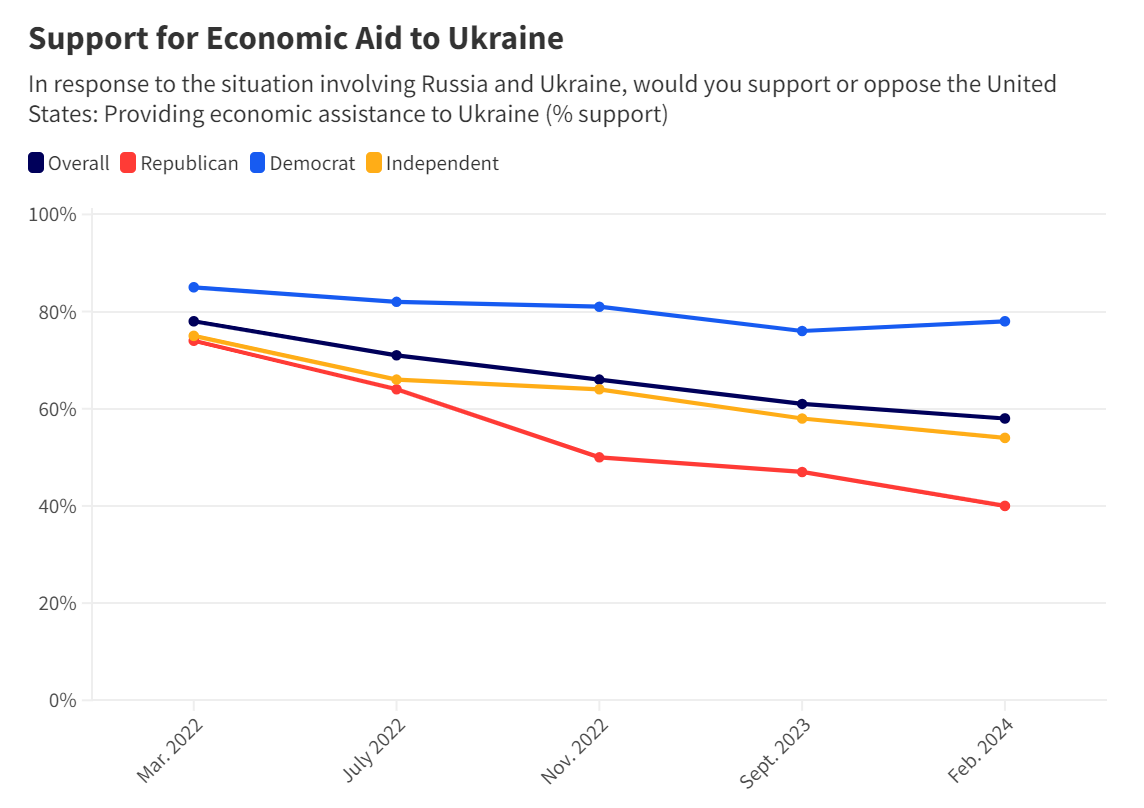
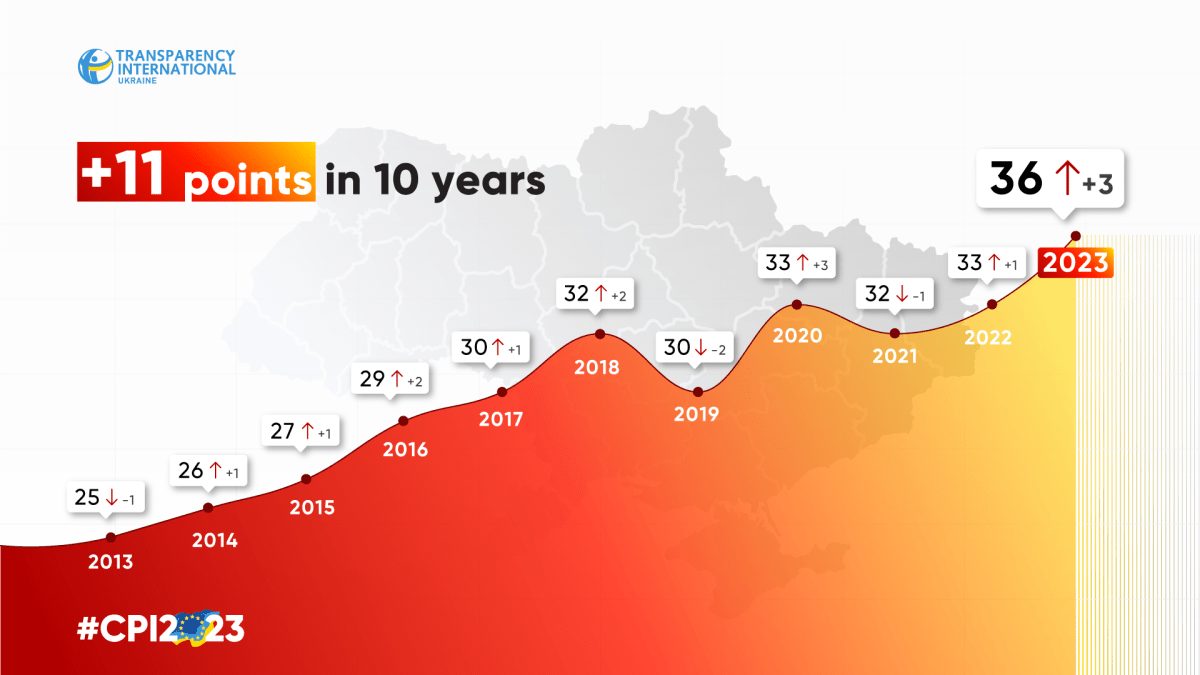
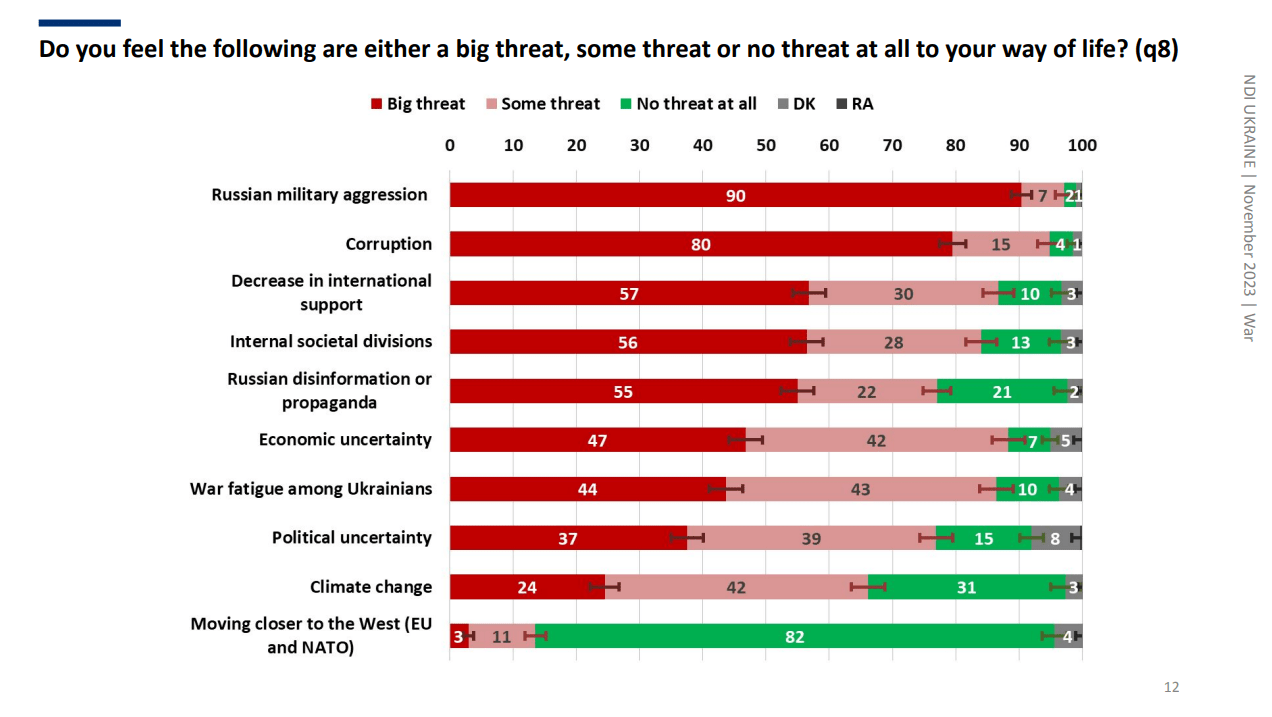



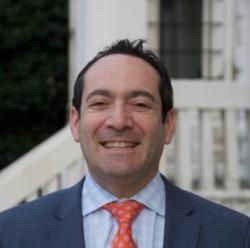






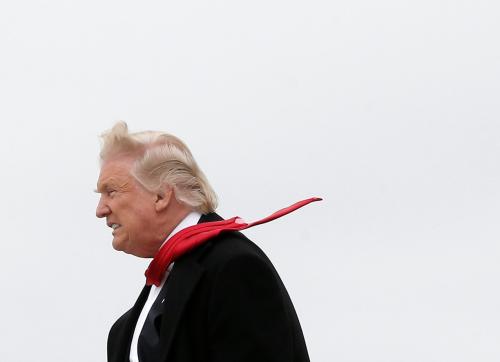
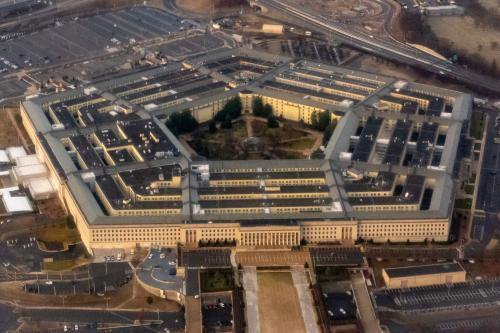
Commentary
Ukraine urgently needs support to defend democracy
April 19, 2024